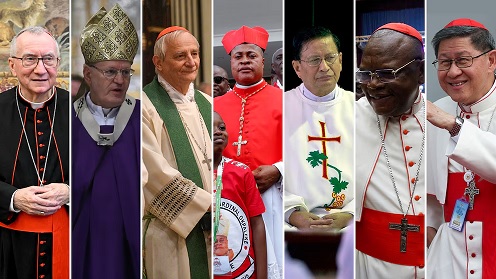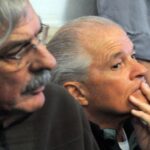
The death of Pope Francis on April 21 marks the end of a pontificate that, under a progressive image, generated debates and controversies both inside and outside the Catholic Church. This fact not only closes a stage, but also opens a crucial process: the choice of its successor, which will define the course of an institution that remains a political and social actor of weight globally.
With the death of the pontiff, the protocol established by the Vatican is activated, which includes an official mourning period followed by a conclave to choose the new Pope. This process, deeply ritualized, will be carried out in the Sistine Chapel, where 138 Cardinals under 80 years with the right to vote will meet. During the sessions of the conclave, the cardinals will deliberate and vote in secret until one of the candidates obtains at least two thirds of the votes. The ballots are burned at the end of each day, producing black smoke if there is no consensus and white when a new pontiff has been chosen, in a gesture that communicates the result to the entire world.
The conclave is not only a religious event, but also political, since the chosen leader will have a significant impact on both the internal direction of the Church and in its interaction with the states and societies of the world.
The possible successors
Among the candidates to happen to Francisco are figures of various profiles and backgrounds. Pietro Parolin, a moderate Italian with vast diplomatic experience, could guarantee continuity in the interreligious dialogue line. Peter Erdö, a conservative Hungarian, represents a more traditionalist wing, while Luis Antonio Tagle de Filipinas embodies a progressive approach and close to the most disadvantaged communities. Names like Matteo Zuppi, known for his ecumenical work, and Fridolin Ambongo Besungu, a conservative African who could boost the role of the church in the global south. Other candidates include Pizzaballa Pierbattista, with experience in the Middle East, and Argentine cardinals Ángel Sixto Rossi and Víctor Manuel Fernández, although their possibilities are considered limited.
Source: www.laizquierdadiario.com

